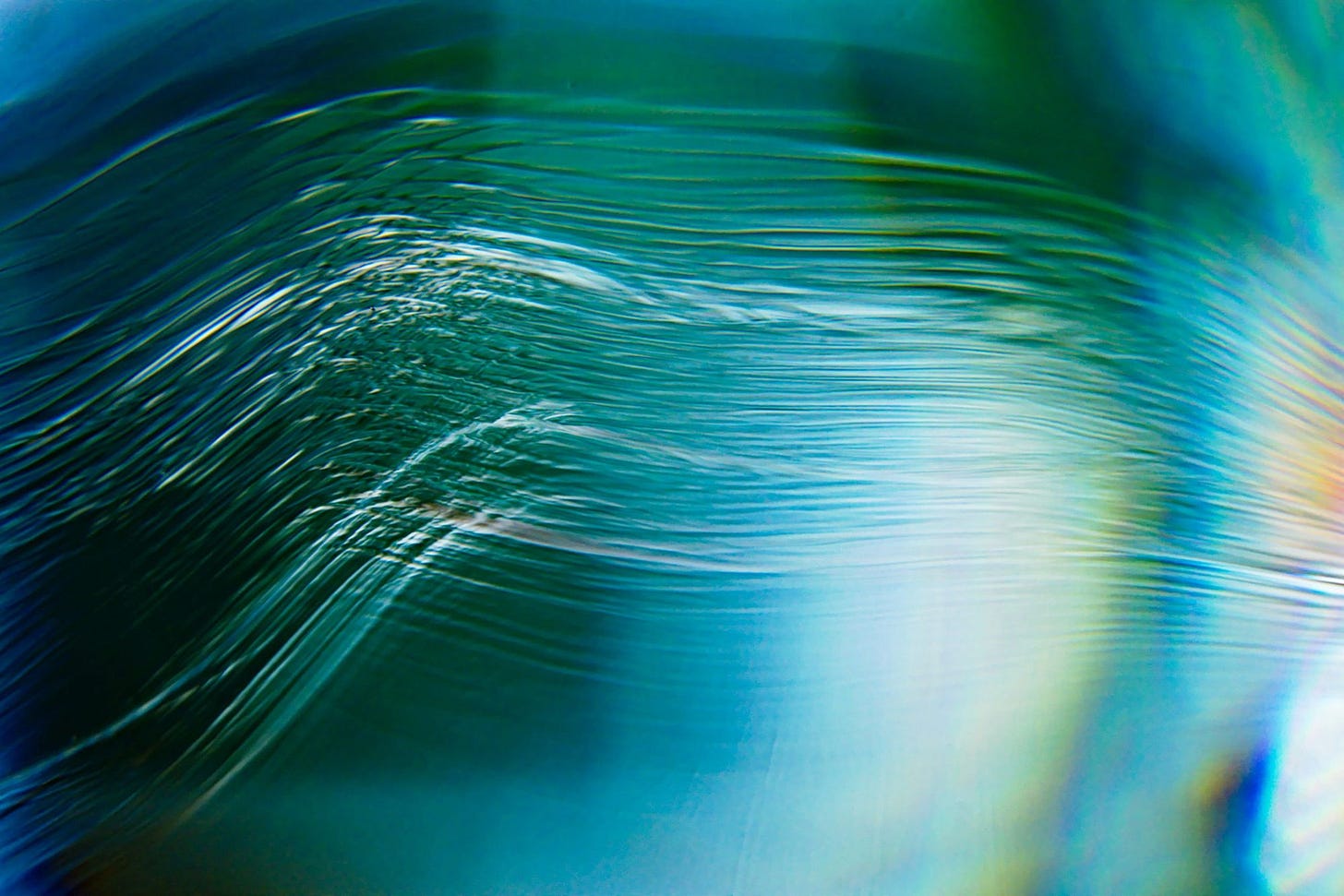The Memory Trap

What is memory?
Typically, we consider memory the encapsulation of some neural pathway in the brain – forged through the crucible of experience – that we can now seemingly retrieve on demand. It happened to me in the past; it left an indelible mark; and now I can recall it. Oftentimes without my conscious awareness … or approval.
But memory serves a far more psychological, and philosophical, purpose than the mere physiology of synaptic firing. Memory makes the past real, and it provides us the illusion of understanding.
When I pick up a coffee mug, I know what it will do, how it will work. How do I know? From my memory. When I’m upset or offended, it seems to be the result of what someone did or said. But is it really? Is it not actually the result of my memory? The only way we can ever be upset – or in any negative state – is if we choose the emotion based on memory.
Obviously we couldn’t live in this world without memory. But there is a way we can use memory to help lead us out of the illusion rather than trapping us in its merciless, insincere embrace.
As we read in A Course in Miracles, “the past is gone, and what has truly gone has no effects.” (T-28.I.1) Learning how to step out of the past and into the present moment, we experience the blissful escape from pain.
Join me in Thursday’s Zoom discussion where we’ll explore how. I look forward to seeing you then.

